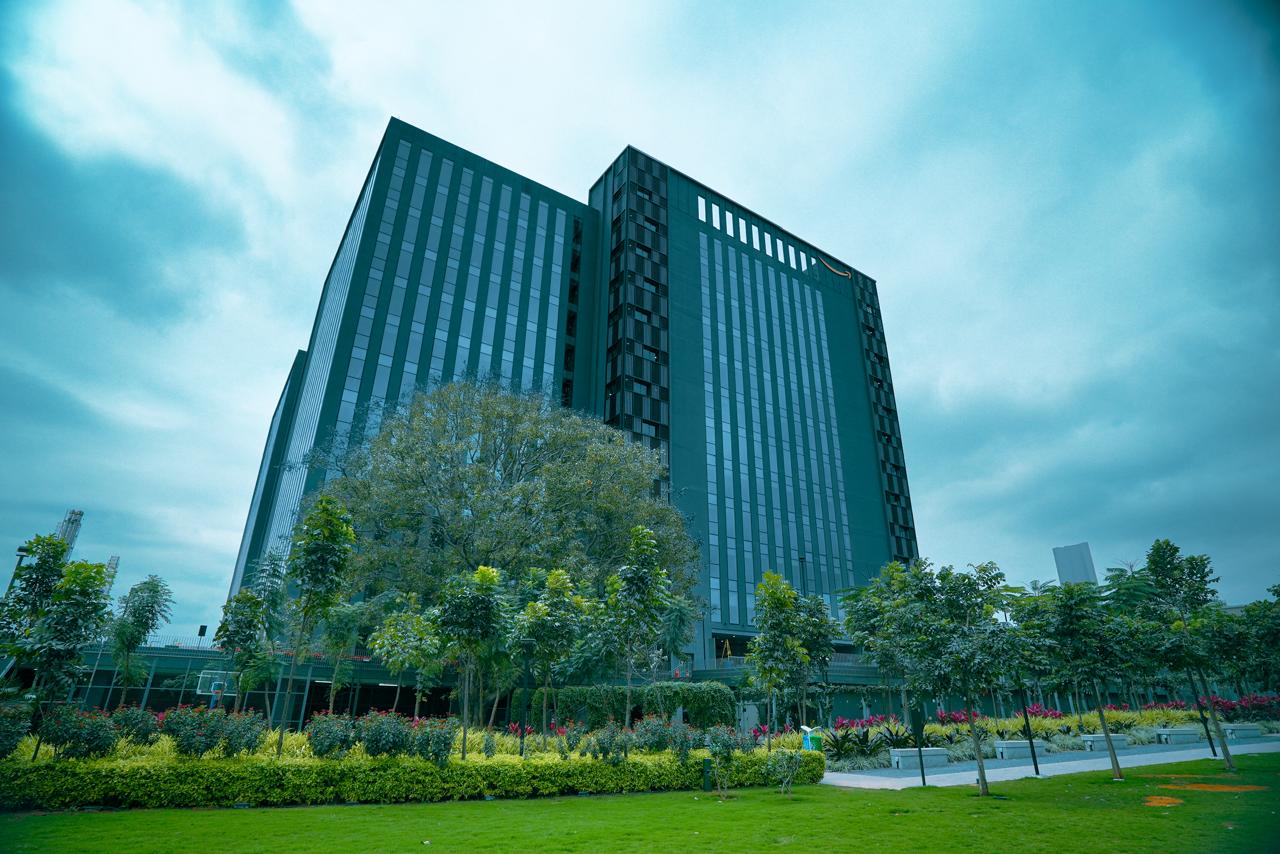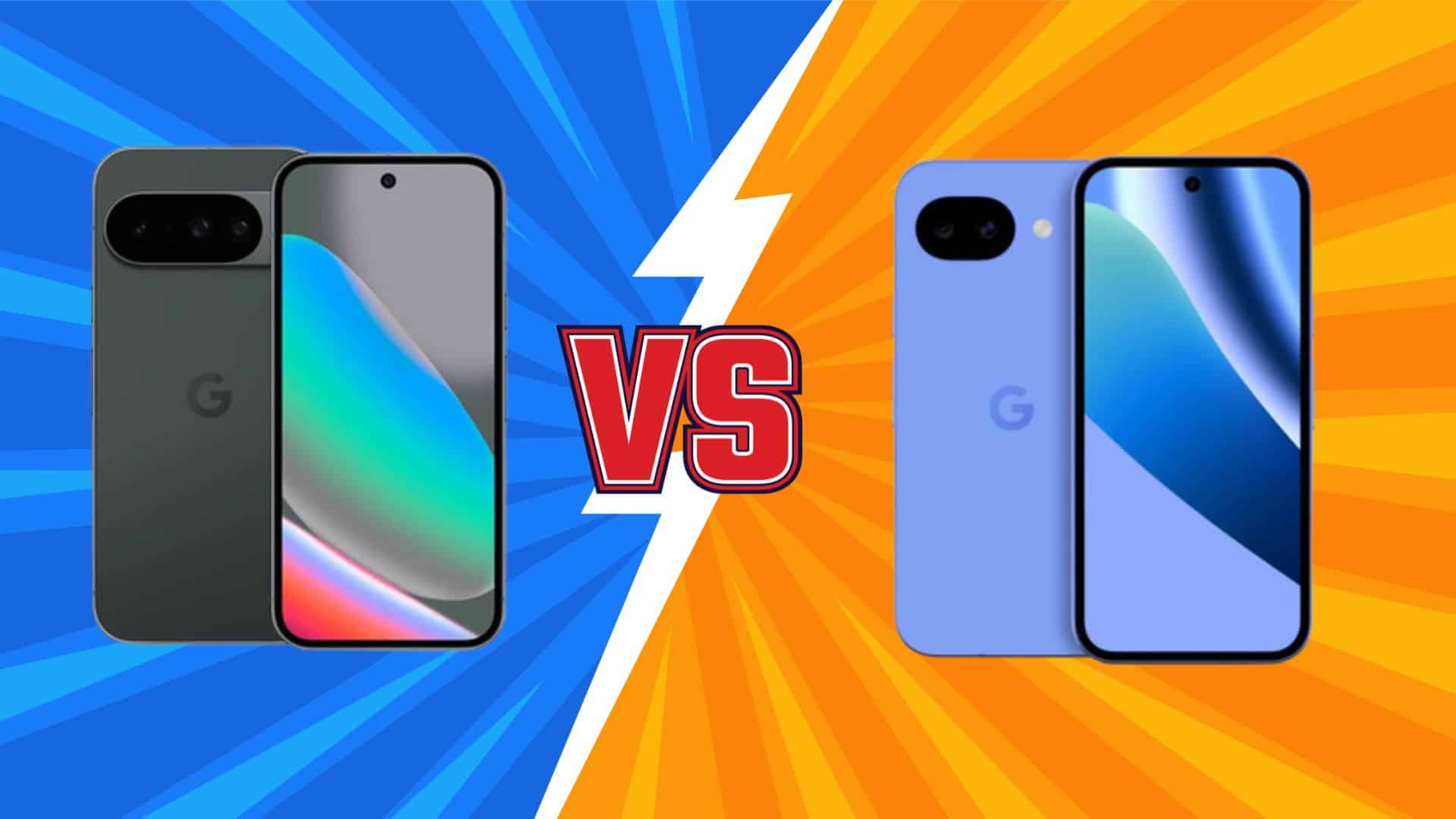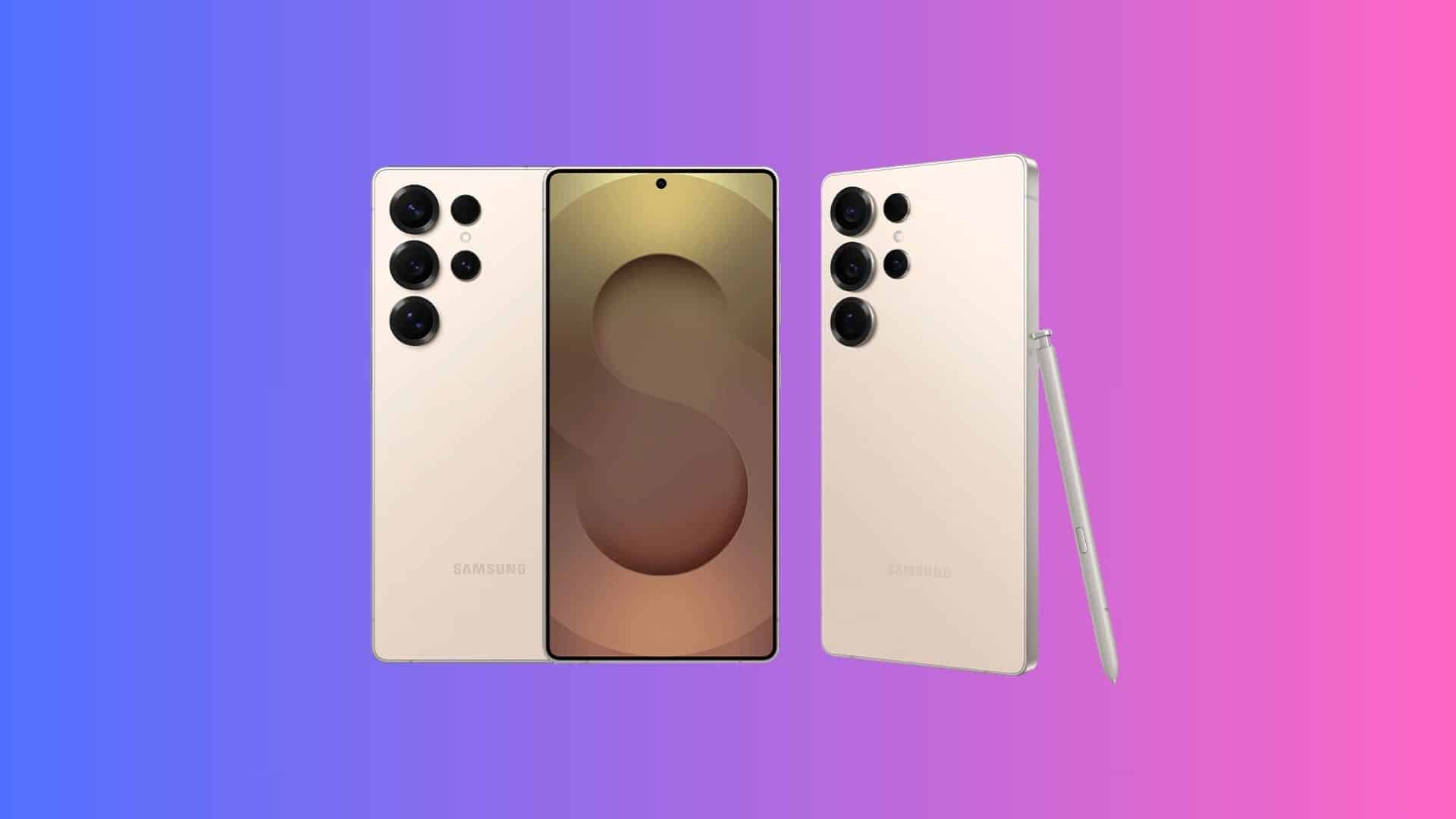In the age of smartphones, many users habitually close their background apps, believing it will enhance their iPhone’s performance and save battery life. However, this common practice, deeply ingrained among iPhone users, is based on a myth. Contrary to popular belief, closing background apps on your iPhone might not be as beneficial as you think.
Key Highlights
- Background apps enter a suspended state, using minimal system resources, thereby not affecting your current app’s performance.
- Force closing and reopening apps can lead to increased battery usage as relaunching requires more power.
- Background App Refresh is a feature designed for convenience, allowing certain apps to update in the background without manual refresh but can be managed for battery optimization.
- Only close apps when they are unresponsive to address issues such as freezing or malfunctioning.
iOS is designed to be an efficient multitasking platform, managing apps and system resources effectively without the need for manual intervention. The operating system automatically suspends apps not in use, minimizing their impact on system performance and battery life. This system design contradicts the widespread belief that regularly closing apps will speed up your device or extend battery life. In fact, the process of force closing and reopening apps can consume more energy due to the additional resources required to restart the apps.
When Should You Close Apps?
Apple recommends closing apps only when they become unresponsive or malfunction. This approach ensures that you’re not unnecessarily taxing your device’s battery and resources while maintaining an optimal user experience.
One crucial aspect to consider is the Background App Refresh feature, which allows apps to update content in the background. While this can be a source of battery consumption, it can be managed more effectively by adjusting settings for individual apps rather than closing them altogether.
Apple advises that the only necessary time to close an app is when it becomes unresponsive or fails to work correctly. In such cases, force closing the app can help resolve the issue. However, regularly closing apps to save battery life or improve performance is a myth that does not hold up under scrutiny.
The habit of closing background apps on iPhones, while well-intentioned, is largely unnecessary and can be counterproductive. Understanding how iOS manages apps and resources can help users optimize their devices’ performance and battery life without the need for constant manual intervention. By letting the system manage background processes, users can enjoy a smoother experience and potentially longer battery life.
In conclusion, the habit of constantly closing background apps on an iPhone is one that can be laid to rest. The iOS system is designed to efficiently manage apps and resources, ensuring that leaving apps open in the background does not detrimentally impact the phone’s performance or battery life. Instead, users can focus on managing settings like Background App Refresh to optimize their devices. Embracing the efficiency of iOS’s multitasking capabilities not only simplifies the user experience but also aligns with the technology’s intended functionality.






























